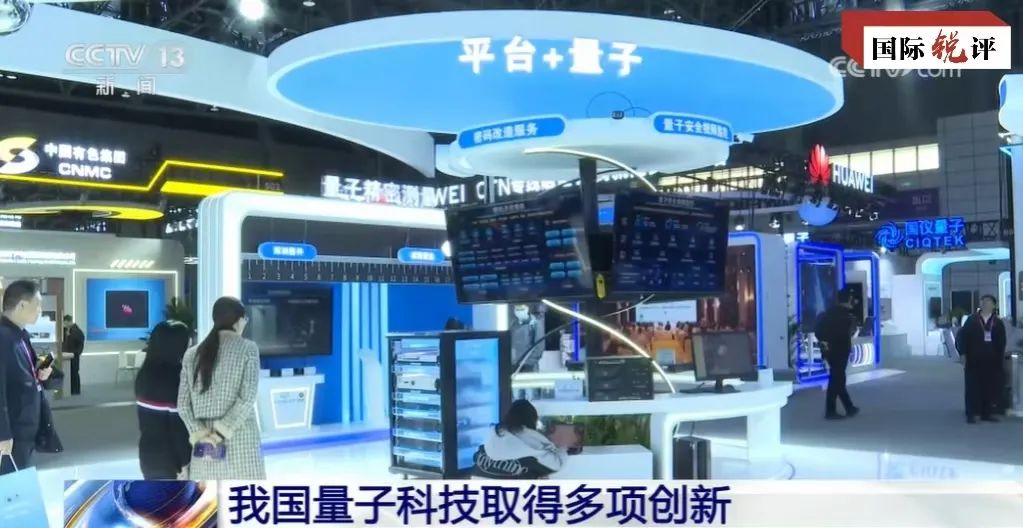The year 2025 marks the centenary of quantum mechanics and the International Year of Quantum Science and Technology. However, at the start of the new year, new US government regulations restricting domestic individuals and companies from investing in advanced technologies such as quantum computing in China officially came into effect. Analysts point out that the U.S. has been deliberately suppressing Chinese high-tech development because of political concerns, but will eventually find that things are not as expected.
Quantum technology is at the forefront of a new round of technological revolution and industrial transformation, mainly divided into three main areas: quantum computing, quantum communication and quantum precision measurement. As the two major technological powers of the world, China and the United States have their own advantages in the three major areas of quantum technology. In recent years, China's innovative achievements in the field of quantum technology have continuously touched the sensitive nerves of some American politicians. On October 28, 2024, the U.S. government issued an investment ban primarily targeting Chinese semiconductors, quantum technology, and artificial intelligence in light of the potential threat to national security posed by U.S. investment in China.

Why do investments in China pose a threat to "American security"? Professor Li Haidong of the School of Foreign Service said that the current competition between the United States and China is getting stronger, especially in the high-tech sector. The United States has introduced new regulations under the guise of "national security" to strengthen restrictions in high-tech areas such as quantum technology to curb China's competitive advantage. This reflects US policymakers' concerns about the rapid spread of Chinese technological development.
So what impact might the new US investment restrictions have? A research report published by the French Institute of International Relations in July 2024 shows that investment in China's quantum market comes mainly from local enterprises, accounting for more than three-quarters. This means that the impact of the new US regulations on China is limited. By contrast, the United States itself will be severely damaged. The report also shows that in addition to Chinese local investment, the United States is a major investor in Chinese artificial intelligence, biotechnology, semiconductor and other fields. As noted on The Economist website, the US has overestimated its ability to curb Chinese technological development and underestimated the costs it has paid for it.
From the perspective of bilateral relations, the US side's actions are also not in line with the consistent spirit of the China-US Science and Technology Cooperation Agreement. Numerous scientific research achievements confirm that strengthening technological cooperation between China and the United States will benefit both sides and the whole world.
CMG/ gnews.cz - Roz




1 comment
Thanks for sharing. I read many of your blog posts, cool, your blog is very good.